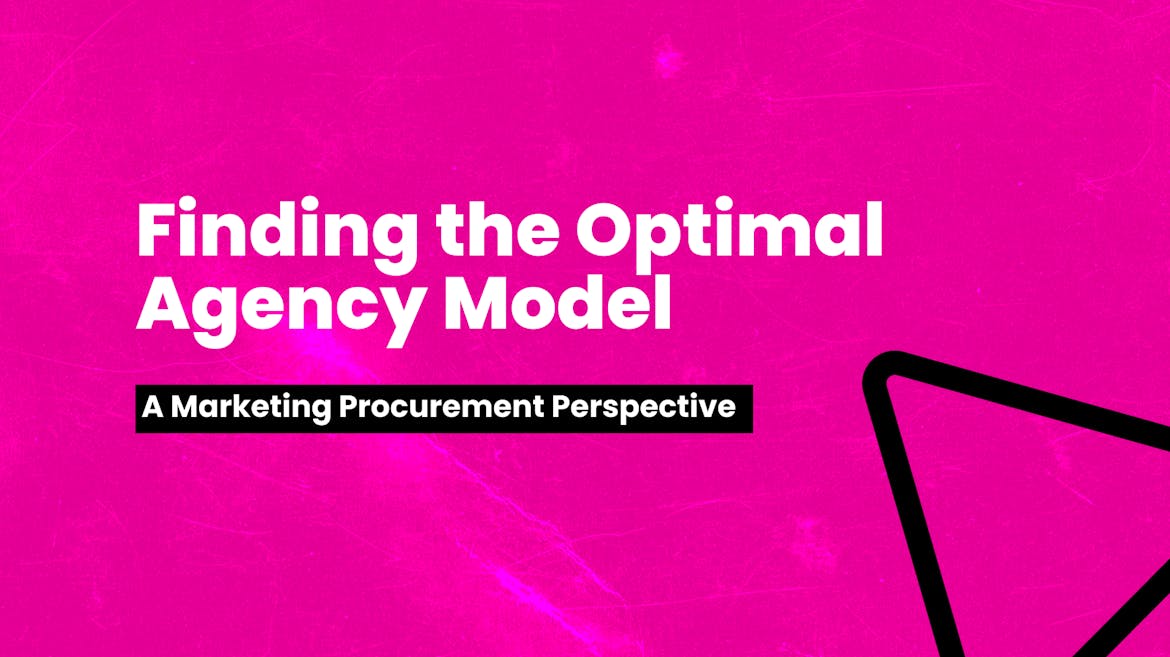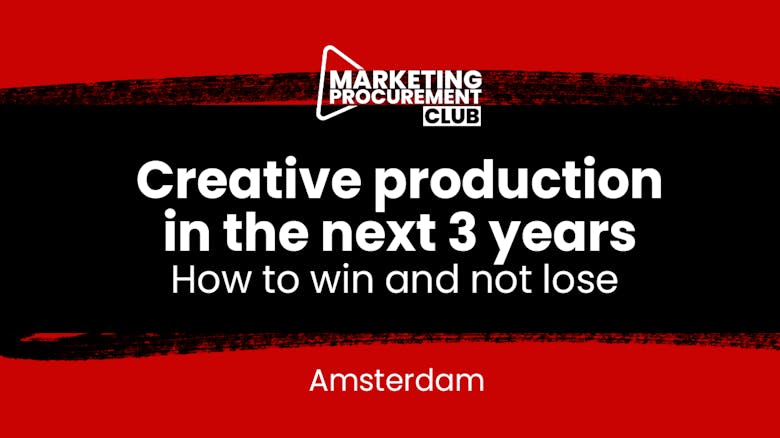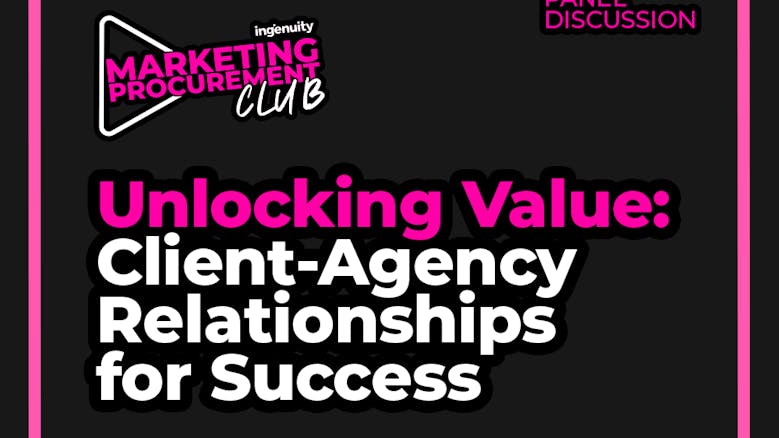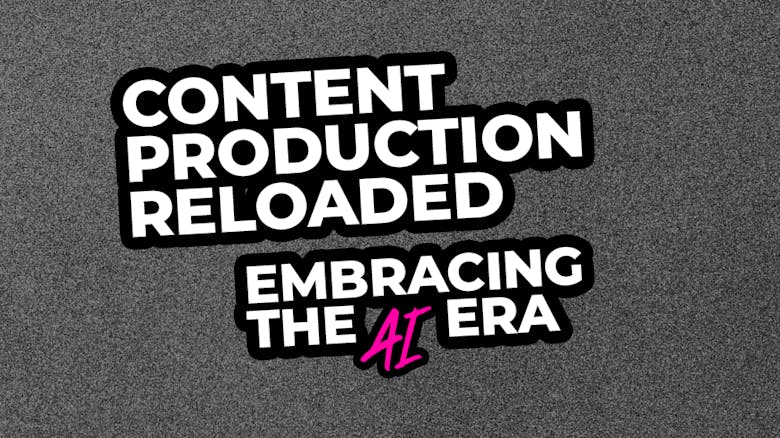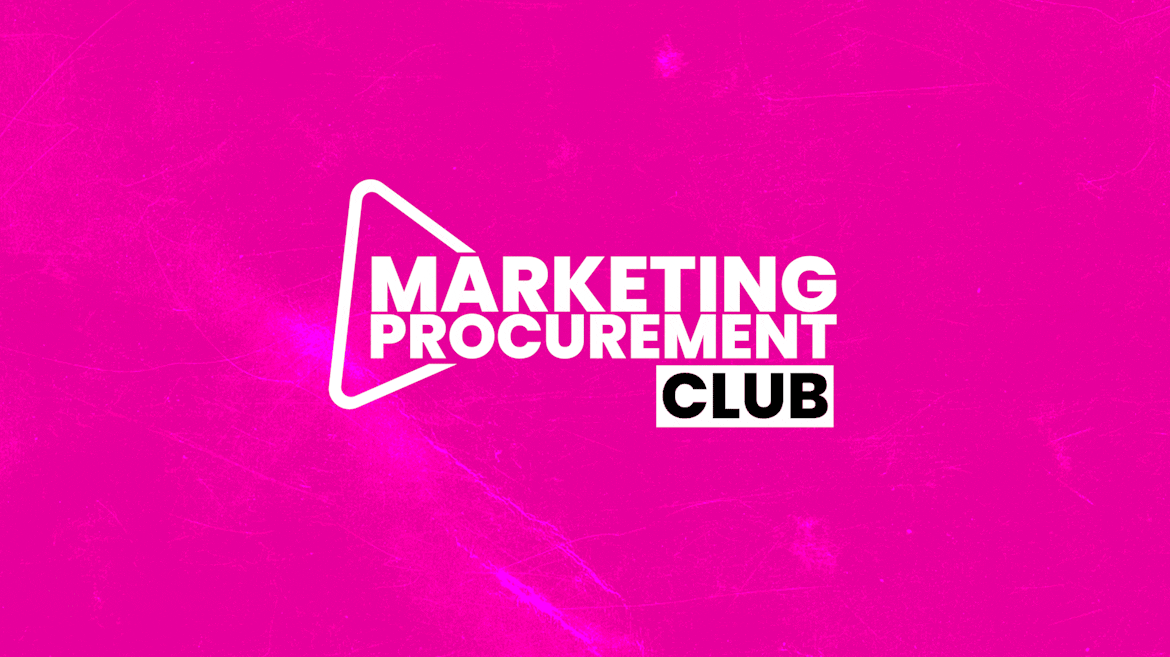Do you have a good contract with your media agency? What does good look like and how do you make it work?
How many brands have a ‘best in class’ contract with their media agency? By definition, there is a limit on how many can be ‘best’, but the number will be under 20 (out of 100s).
Through the development of the media services framework contract, ISBA has driven the debate and agenda, with the result that more advertisers are now focussed on this hugely important document. As a result, there is greater awareness that if you do not get it right, then it may lay waste to much of the effort that any commercial review will have set out to achieve.
The Importance of Flexibility
Many clients will have out of date written arrangements and countless more will have contracts that are not even signed. Others may have agreed new terms in the last year or two but have missed vital elements. Many think they have a good contract when it is closer to ok. It is vital to continuously revisit and review.
A good contract is a living, breathing record of how the partnership will work and develop. It must be adaptable and flex easily. For many, the last six months, will have provided an opportunity to research and understand what is possible.
It is difficult to get the average marketer excited about a contract, but it is worth remembering that the content of these ‘pieces of paper’ cover all the talking points that our industry enjoys debating. It is not restricted only to the digital supply chain and rebates, as important as these points are to get right.
The media eco-system is substantially more complex and the commercially savvy must go further.
What does good look like?
Very good is when the contract drives behaviours that ensure all parties can win. It is easy to craft a document that is ‘catch out’ in design, but more talent is required to describe in legal terms what it is that you really want.
Not all partnerships are the same. Some client/agency partnerships remain transactional, others have elaborate models with in-house expertise in place or are multiple agency in design.
Others are focussed on true partnership and therefore heavy on strategic requirements. No two are the same. Therefore, a fixed contract template should be the starting point for a journey rather than the destination.
However, the areas that all media agency contracts must focus on sit in a handful of buckets:
Scope of work and flexibility – be crystal clear about what’s in scope and what’s out of scope, resist the temptation for ‘grey’. Scopes need to be built with adaptability at their core. ‘All you can eat buffets’ may appear tempting, but will always cost more and lack transparency and accountability. We encourage all to spend significant time producing an accurate SOW that reflects the work that will be done.
Progressive remuneration – Resist a commission model or simplistic retainer. Remuneration must flex easily as scope requirements change incentive driving, dynamic retainer models and deliverable based pricing work best.
Ways of working and behaviour – define process(es) and agree a set of principles that govern the relationship and ‘the way things are done around here’. Talk about them in monthly meetings internally and with the agency. Set KPIs and link to the PRF/PRIP.
Accountability – This sits on several levels. Firstly, responsibility needs to be given to individuals whose role it is to run the partnership on both sides. Avoid working relationships where the agency is treated simply as a supplier.
Furthermore, a good contract makes expectations clear: strain in the relationship often arises from a misunderstanding or misinterpretation of what is to be delivered.
Audit rights – if you were buying media directly, what would you want to understand, see and measure? Whatever you come up with, make sure you or a suitably qualified representative have the right to see it. It’s your money being spent, not the agency’s (some agencies studiously choose to ignore this reality), so be bold.
Media trading and supply chain clarity – Often discussed but rarely covered well in contracts. Agencies want lots of grey here as it provides them with flexibility. Too many advertisers think they have detail here, but very few do. It is key to look beyond programmatic to all channels.
Compliance and governance – The full benefit of a compliance / financial audit is realised when it sits within a broader media governance framework that con-siders the recommendations arising and makes changes to processes, ways of working, commercial terms etc. for the better.
Contract management – This is a major build out from accountability. If you are not monitoring the delivery here, you are neglecting managing your agency, and indeed your media budget, as effectively as possible.
Reporting – Again, imagine that you are buying media directly. What information do you need to understand how the media budget is being spent, whether it is being spent effectively and whether there’s any left over for use elsewhere? Describe what you will need and ask the agency to present it to you monthly or quarterly.
Another area for consideration is how the service agreement covers multiple markets or even business units within an organisation. It is here that the structure (or skeleton) of the contract is well built. It is worth spending time here as it greatly impacts the governance (local laws, rules impacting media etc) and how the contract will adapt and change over time. On a similar note the construct should allow for the advertiser’s business to grow or change. All these amends should easily be absorbed and not complicate the day to day.
How to make it work
Building a good contract is one thing, but the real work then comes in the running of the relationship. Neglecting the contract is the same as ignoring the partnership. Both need to be worked on to avoid unnecessary conflict and empower better working practice. Yes, really – how you run the relationship will determine its success or failure and is the differentiator between the good and very good.
We recommend that a few processes take place (not all need cost money):
• Assign responsibility. Whose role is it within each organisation to make it work? Ideally it will sit with a supplier manager with experience in marketing, but it can also sit in marketing itself. Managing an agency is an important but time grabbing responsibility.
• Map out the briefing to payment process for each brand or business unit in conjunction with the agency. Assign timelines and responsibilities. Share it with every team member and discuss compliance in formal meetings with the agency at least quarterly, ideally monthly.
• Append the process maps to the contract.
Set clear times and milestones for review. We advise that the team, commercials, and contract are reviewed annually, if not more frequently. This should have positive outputs.
Set the expectation that Compliance/Financial audits are the norm. Audit annually in major markets and every two years in others. Make sure your audits are not ‘just about the numbers’: for example, evidence-based feedback on the efficiency and effectiveness of core processes, controls and ways of working adds grist to the mill of day to day operations with the agency.
What to do next
There is never a wrong time to review your agency contract, as the process should be beneficial to all. ‘Now’ is always the perfect time. It can be a process where all parties can review and agree how they can tackle the short term together as well as set up for the future.
Get your hands on a copy of the latest version of the ISBA media services framework contract (v2.1) and compare it clause by clause, theme by theme to your existing contract. Notice the differences, talk to key stakeholders and decide what should change. Exacting work, yes, but when it comes to media agency contracts that is the difference between an ok contract and a very good one.
Sense check the changes internally and/or externally with those familiar with agency contracts from commercial, financial and legal perspectives.
Media consultancies that focus on agency contracts are an obvious destination for advice on the overall structure and commercial terms; similarly your compliance/financial auditor will know from experience where contracts tend to come up short in practice and can help minimise the risk of that happening. Finally remember to run any change past a legal professional.
Bringing together a powerful community of marketers with common interests, ISBA is the only trade body that represents brand advertising in the UK. ISBA empowers brands to understand the industry (and shape its future), influence decision-making, and lead by example when it comes to industry improvements. We help ISBA members solve specific marketing challenges via qualified agency partners right for them. If you want to discuss any of our brand services, be it agency recommendation, agency selection or pitch consultancy, email Kate Lewis at kate.lewis@ingenuitylondon.com. If you're interested in becoming an ISBA member email membership@isba.org.uk.

